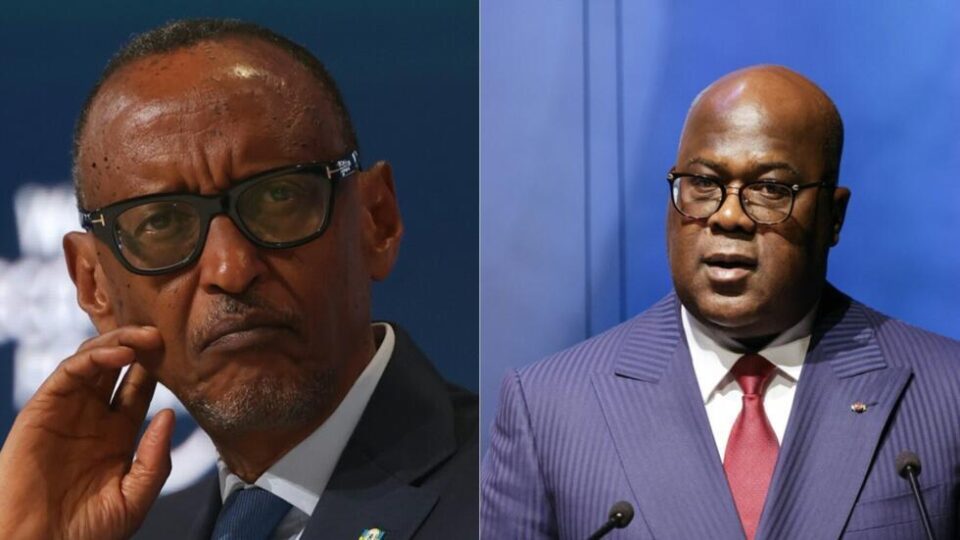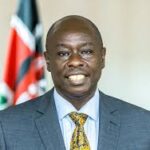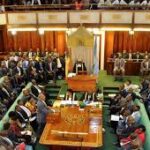NAIROBI, Kenya — The Democratic Republic of Congo and Rwanda have submitted a draft peace proposal as part of a U.S.-led initiative aimed at resolving the long-standing conflict in eastern Congo.
The proposal, welcomed by U.S. President Donald Trump’s senior adviser Massad Boulos, follows a recent pledge between the countries overseen by U.S. Secretary of State Marco Rubio.
The conflict intensified earlier this year when Rwanda-backed M23 rebels captured key cities, resulting in 3,000 deaths and mass displacement of over 7 million people.
Eastern Congo, rich in critical minerals like cobalt, gold, and copper, has been plagued by armed groups vying for control. The peace efforts are seen as a step toward enabling U.S. access to these resources and attracting broader Western investment.
Rwanda’s Foreign Minister Olivier Nduhungirehe stated that negotiations for a final deal will continue in May, with hopes for a formal agreement by mid-June in Washington D.C.
Despite these diplomatic efforts, challenges remain. Peace talks between the Democratic Republic of Congo and the Rwandan-backed M23 rebels have resumed in Doha, Qatar, in an effort to end ongoing conflict in eastern Congo.
The discussions, which restarted on May 3, aim to resolve deadly violence that has displaced hundreds of thousands and stirred fears of broader regional instability.
While both sides express optimism, challenges remain: M23 has sent a lower-level delegation and criticized the Congolese government for lacking mandate and not engaging in trust-building, such as releasing detained M23 members.
Despite previous commitments to halt violence and hate speech, fighting continues in North Kivu, displacing at least 30,000 people since May 2, according to the UN.
The United Nations and Western governments accuse Rwanda of supporting M23, a claim Rwanda denies, asserting its military actions are defensive against threats from Congolese forces and genocide-linked militias.





